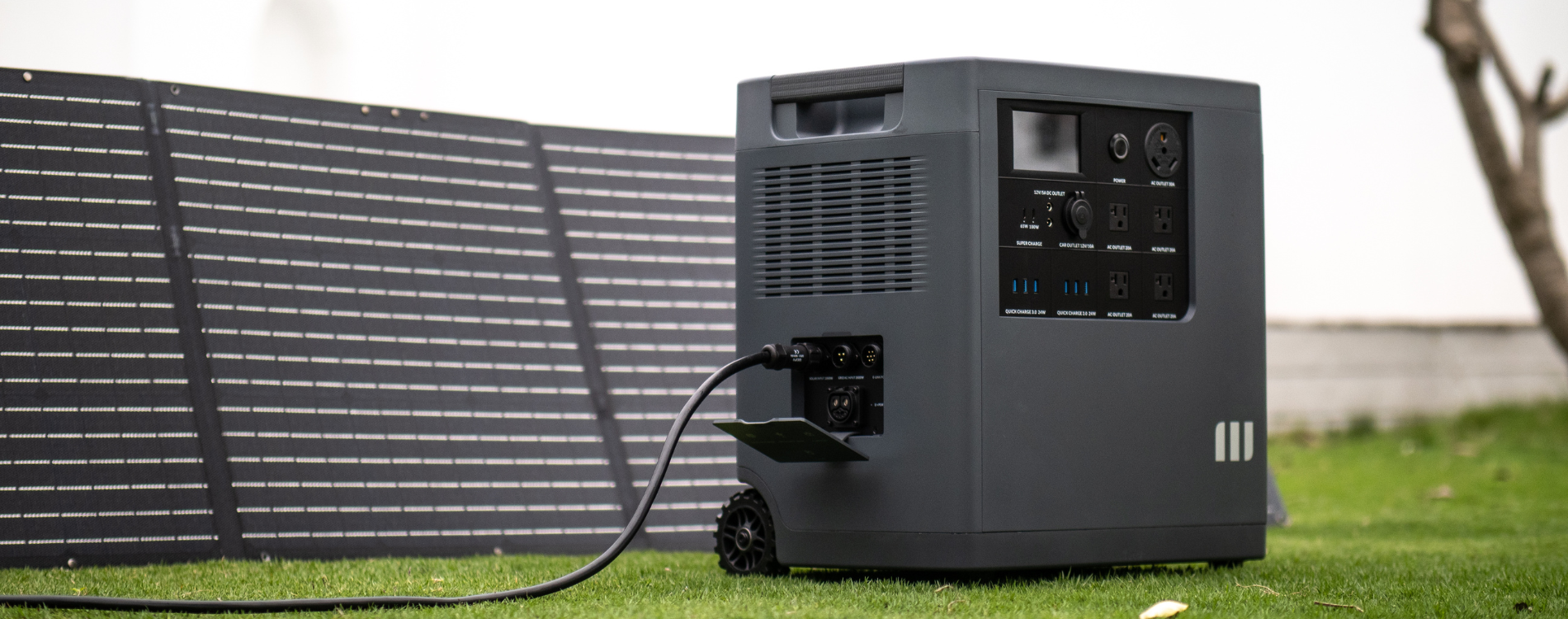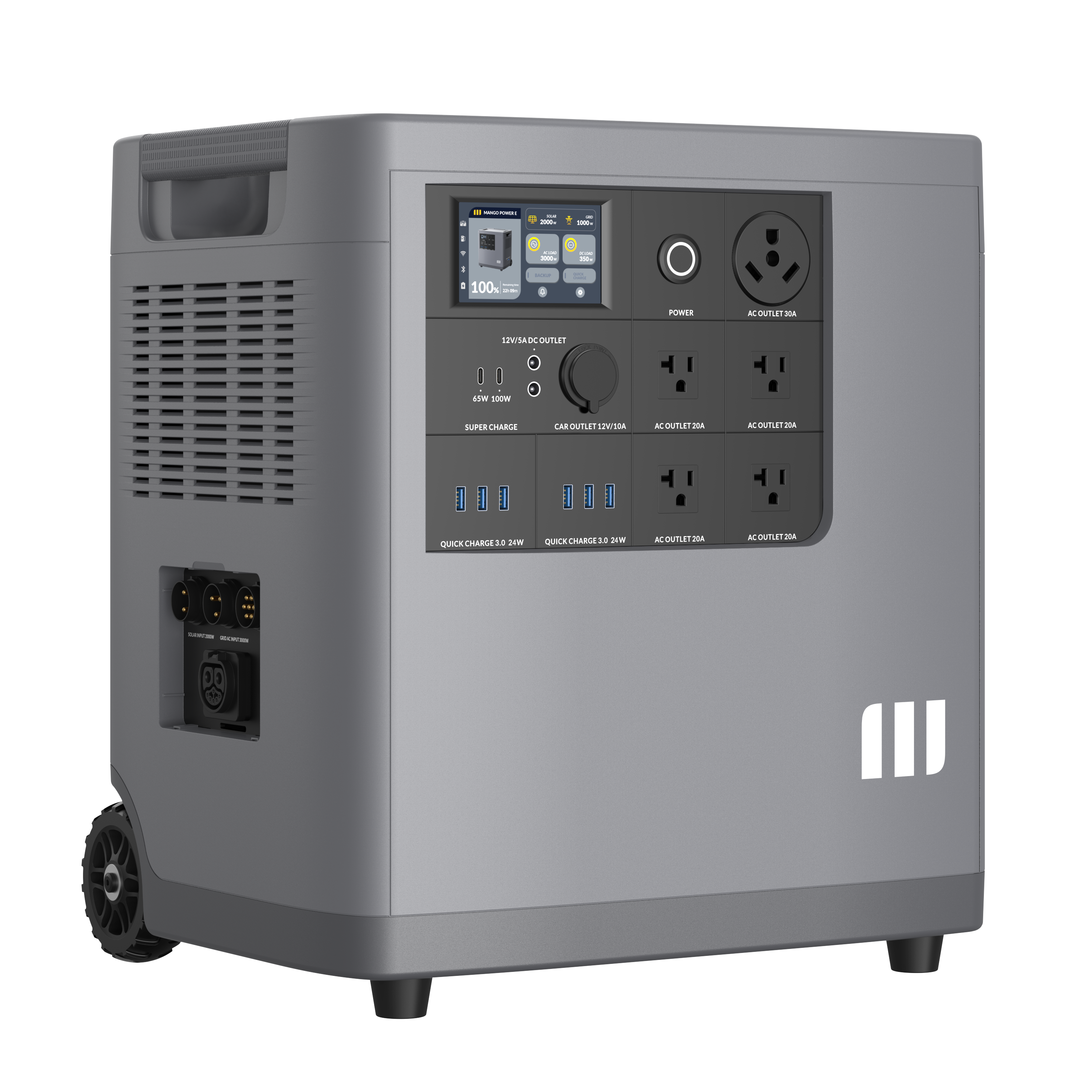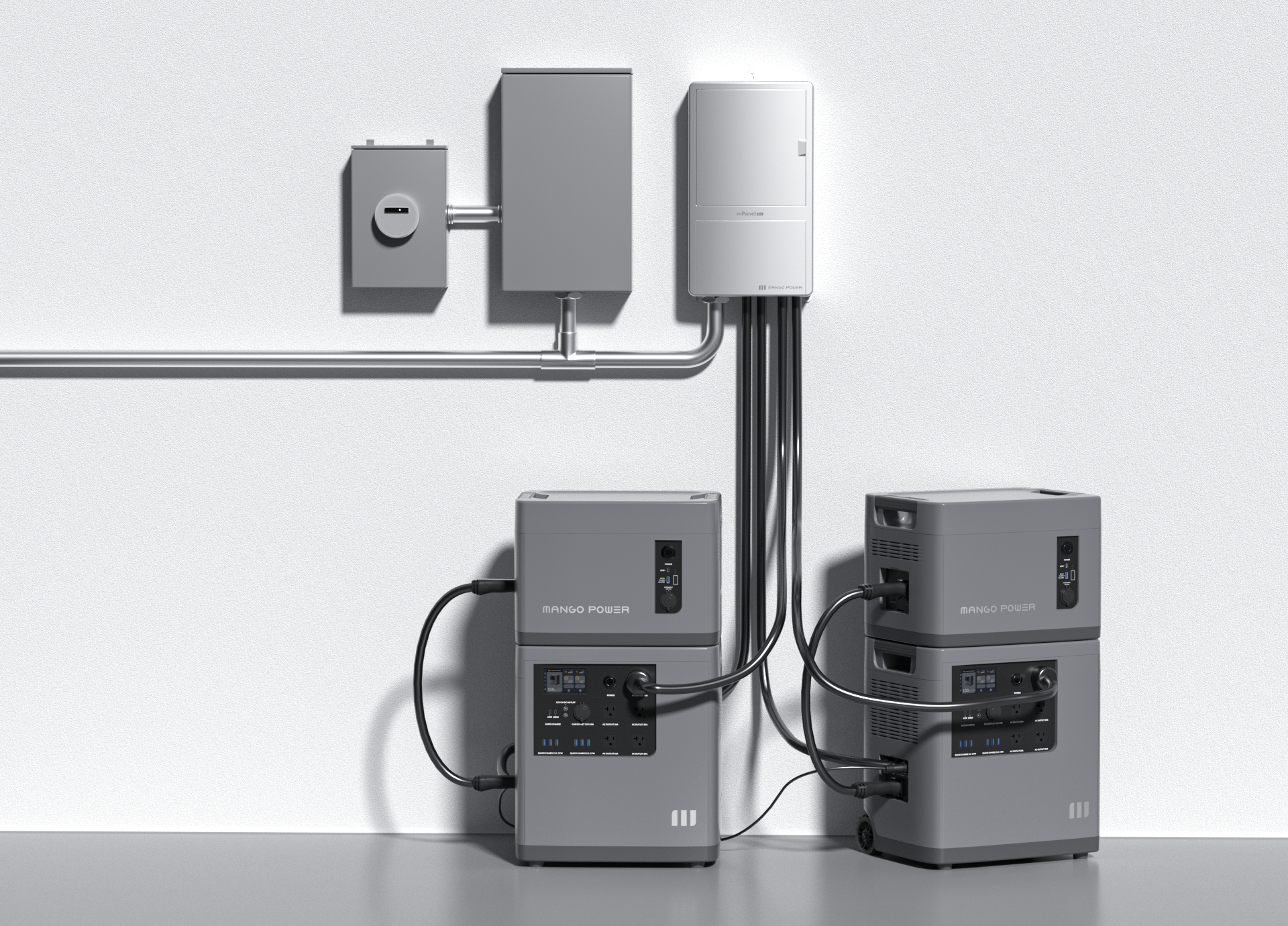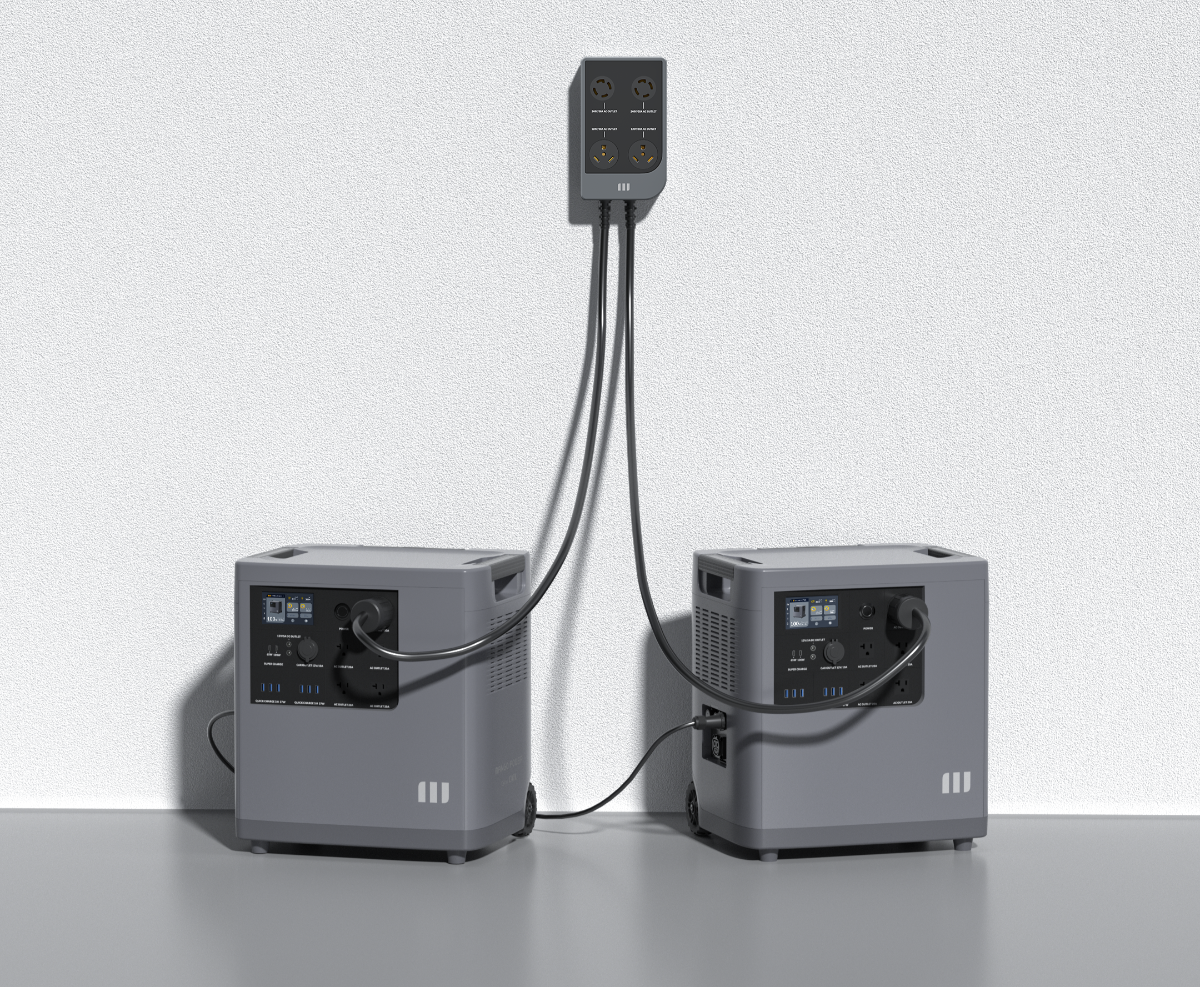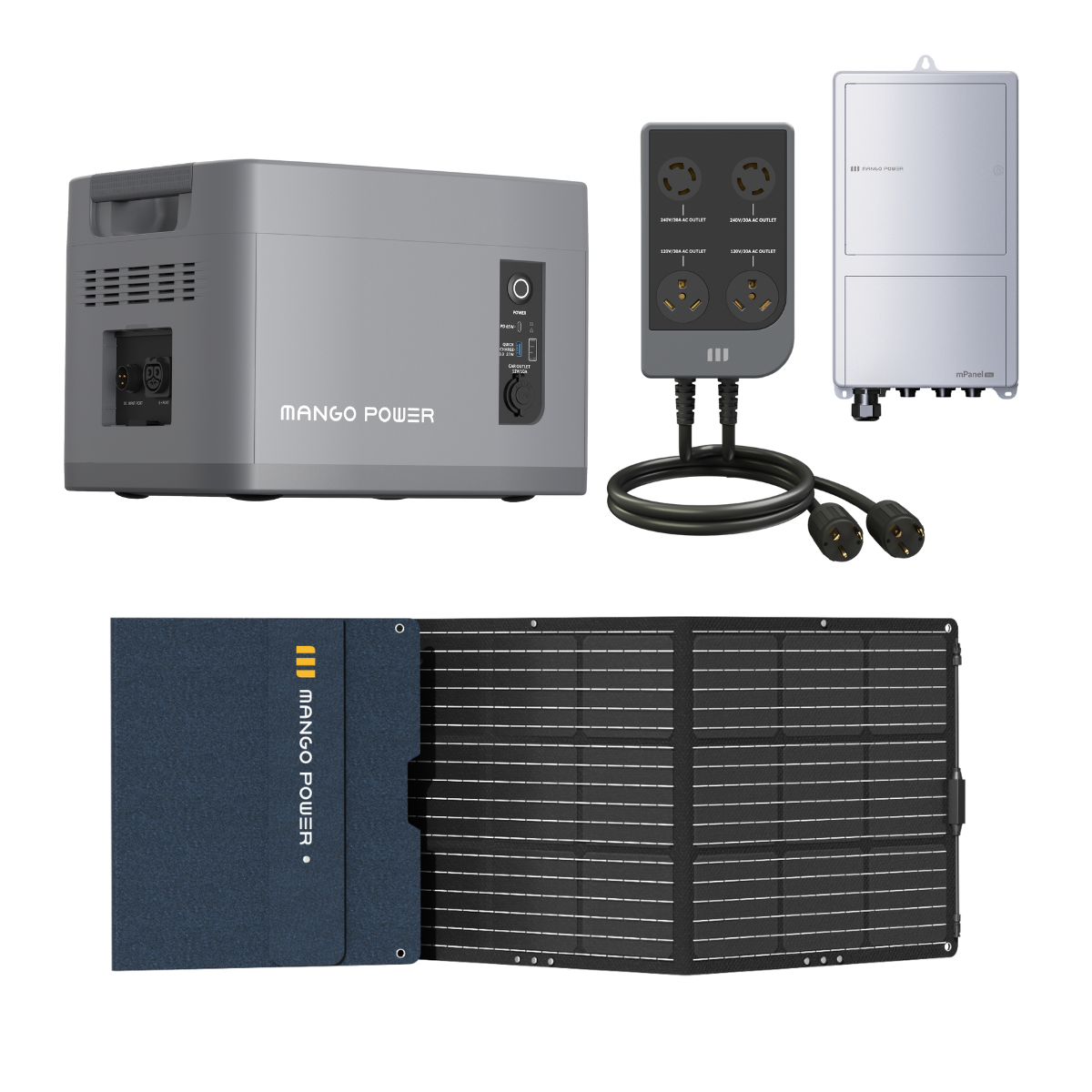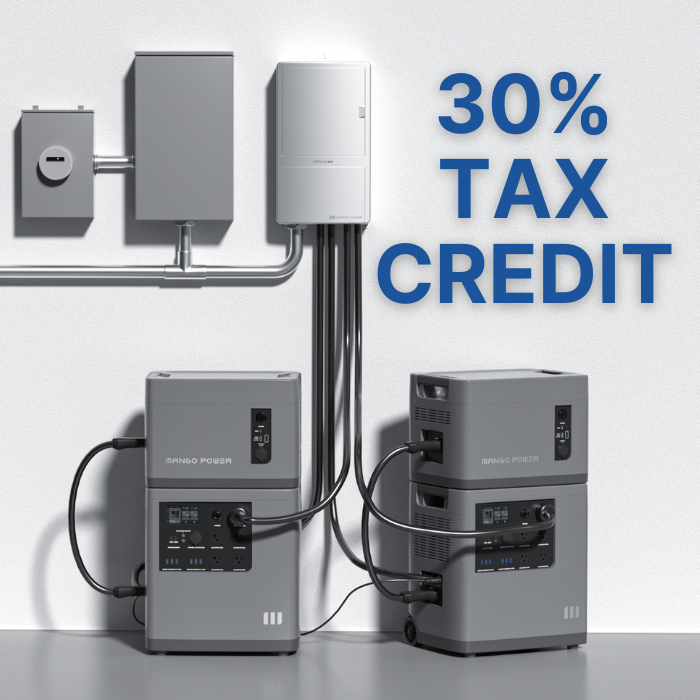
Quick Guide to Claiming the Residential Clean Energy Tax Credit
Step 1: Ensure your home qualifies Your home must be located in the U.S. and be either new or existing. Install eligible energy property such as certified solar electric panels or water heaters, wind turbines, Energy Star certified geothermal heat pumps, fuel cells, or battery storage (minimum 3 kWh capacity).
Note: Pre-owned energy property is not eligible.
Step 2: Buy and install Purchase and install the qualifying clean energy equipment.
Step 3: Keep documentation Keep receipts and installation records in case of an audit, though you don’t need to submit them with your tax return.
Step 4: File Form 5695 Submit Form 5695 when filing your tax return for the year your clean energy property was installed.
More About the Residential Clean Energy Tax Credit
What Is the Federal Solar Tax Credit (Residential Clean Energy Credit)?
The Federal Solar Tax Credit, now known as the Residential Clean Energy Credit, allows you to deduct 30% of the cost of installing clean energy systems like solar panels and battery storage from your federal taxes. This credit applies to new clean energy systems installed between 2022 and 2032.
- 30% tax credit for installations from 2022 to 2032.
- Decreases to 26% for systems installed in 2033.
- Decreases to 22% for systems installed in 2034.
- The credit expires after 2034 unless Congress renews it.
What Expenses Are Covered?
You can claim the tax credit for the following costs associated with installing a solar PV system and battery backup like the Mango Power system:
- Solar electric panels and other clean energy products
- Battery storage systems with at least 3 kilowatt-hours (kWh) capacity (for systems installed after December 31, 2022)
- Labor costs for onsite preparation, installation, and connecting the system to your home
- Balance-of-system equipment such as wiring and inverters
- Sales tax on the above expenses
Who Is Eligible for the Credit?
You can claim the Residential Clean Energy Credit if:
- Your solar or battery system is installed between January 1, 2017, and December 31, 2034.
- The system is located at a residence you own in the U.S.
- You purchased the system with cash or financing (not leasing or renting the system).
- The system is new and being used for the first time (the credit only applies to original installations).
Additional notes:
- The credit is nonrefundable—this means it can't be more than what you owe in taxes. However, you can carry forward any unused credit to future tax years.
- Fuel cell property has special limits: $500 for each half kilowatt of capacity, with a maximum combined credit of $1,667 per half kilowatt per household.
Are You Eligible If You Use Your Home for Business?
If your home is used partly for business purposes:
- If business use is 20% or less, you can claim the full credit.
- If business use is more than 20%, you can only claim the portion of expenses for non-business use.
What Doesn't Qualify?
- Used clean energy systems are not eligible.
- Regular roofing materials, such as trusses and traditional shingles, do not qualify unless they are energy-generating, like solar shingles.
Do You Have to Deduct Incentives or Rebates?
Yes, you need to subtract any subsidies, rebates, or incentives from your eligible expenses if:
- The rebate comes from a manufacturer, seller, or installer.
- It reduces the system’s purchase price (such as a utility company subsidy).
However, net metering credits (payments for selling energy back to the grid) don’t affect your eligible expenses.
How to Claim the Credit
- Check Your Eligibility: Make sure you’re eligible by consulting a tax advisor.
- File IRS Form 5695: This form calculates your credit.
- Attach the Form to Your Tax Return: Submit it with your federal tax return (Form 1040) in the year your system was installed.
Additional Resources
Below you’ll find links to the IRS and the Solar Energy Technologies Office, providing official information on the federal solar tax credit. We encourage you to consult a tax professional to fully understand how this credit may apply to your situation, as we are not tax experts.

